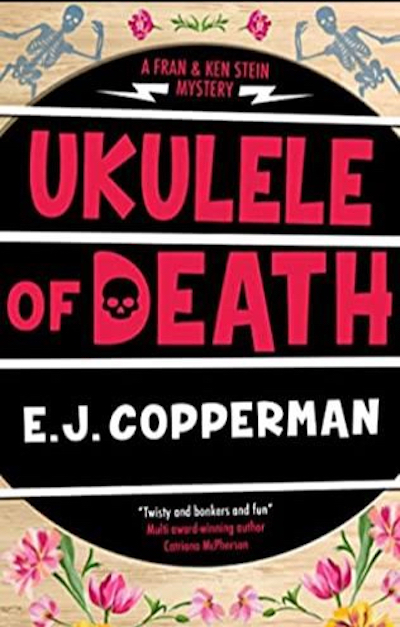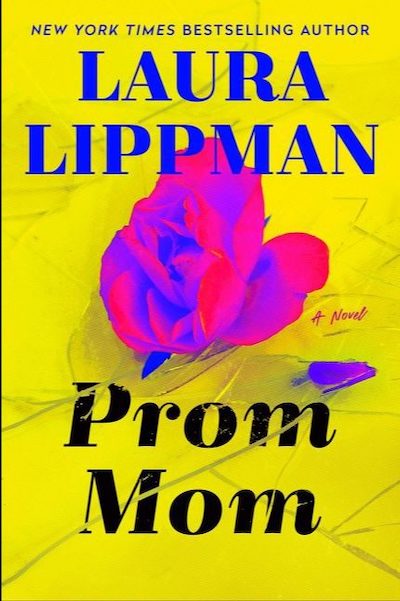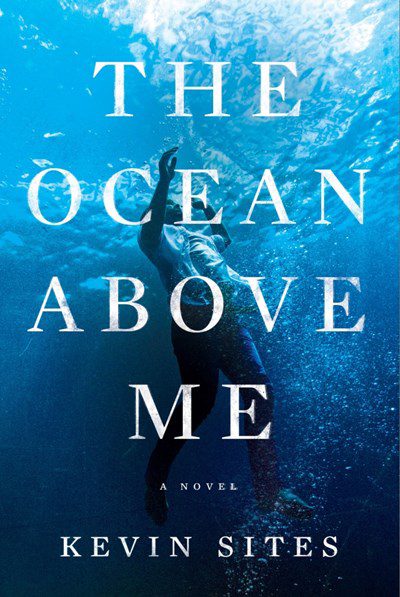I hesitate to review this novel—which is quite fantastic in every sense of the word—for fear of giving away one iota of the plot. Fran and Ken Stein (get it?) are a Manhattan-based brother and sister duo, in their mid-twenties, who operate a private-investigation firm. Having lost their parents when they were babies—or did they?—they focus on helping adoptees find their birth parents.
Whether their mom and dad are alive or not, the two have good reasons to be obsessed with their parentage, since they’re not exactly 100 percent human (let’s just leave that alone for now), stand well over six feet tall, and have the physical prowess of junior superheroes. The real delight is our narrator, Fran—equal parts snarky, witty, and loving—who agrees to find a client’s missing father, with only a rare ukulele for a clue. Ken is more of a bro, a frat boy who’s packing major muscle. But as trying as he might be, the siblings stick together because, well, there’s no one quite like them in the world.
The little ukulele caper becomes so much more, and before you know it, the two are running all over New York City, whether in pursuit or in hiding. This book is a total delight. But more than that, I’m obsessed with the storyline (it ends on a big of a cliffhanger) and if the next volume in the series isn’t released soon, I’m heading to New Jersey and downloading it from the author’s computer myself.










